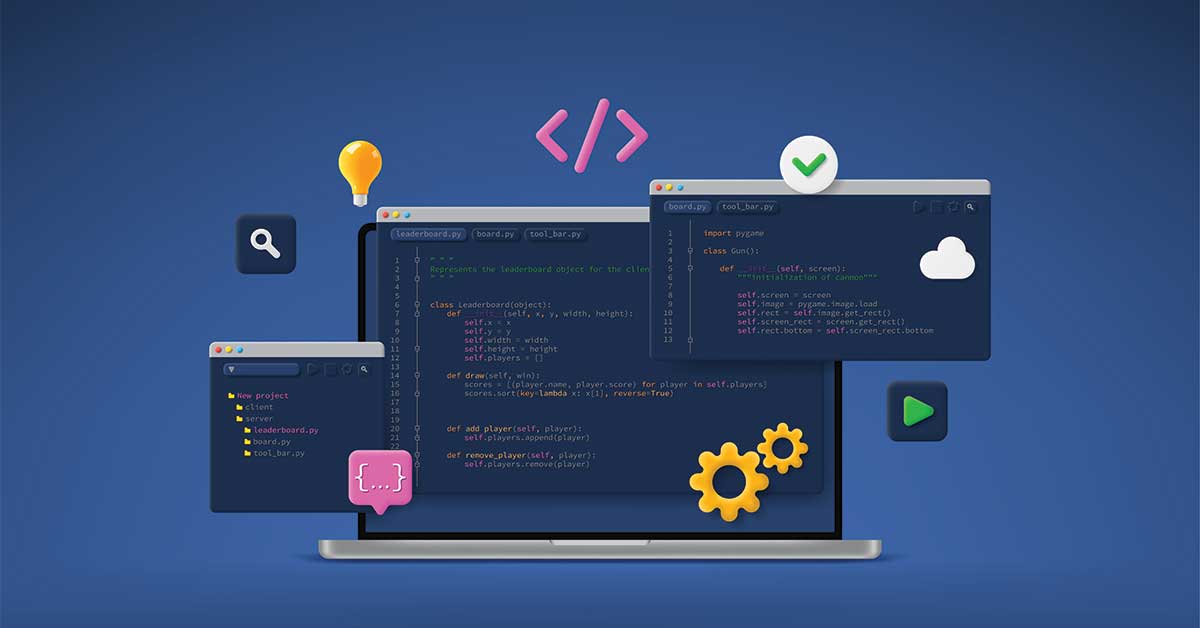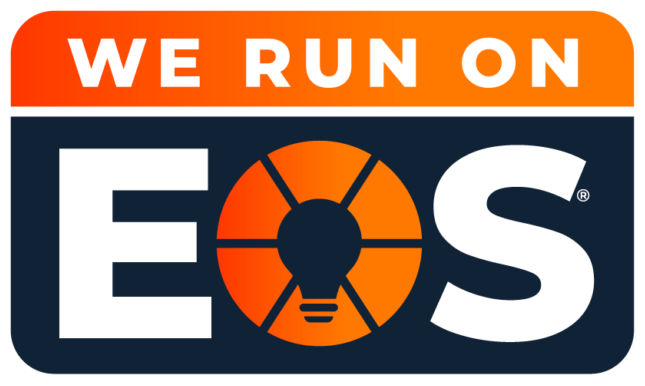The Custom Software Development Process: What Louisville Businesses Should Expect
Custom software solutions can be a powerful tool for businesses looking to streamline operations, improve customer experiences, and gain a competitive edge. Whether you’re a growing startup or an established enterprise in Louisville, custom software can help you solve specific challenges and achieve your goals. But where do you start? Understanding the custom software development process is crucial to ensuring a smooth and successful project.
Custom software development is an exciting journey, but it can also feel overwhelming if you don’t know what to expect. For Louisville businesses looking to create software that solves unique challenges, understanding the step-by-step process is key to a smooth, successful experience. Here’s an inside look at what you can expect when working with Louisville Geek, and how our dedicated project management team ensures your project stays on track and delivers results every step of the way.

1. Initial Consultation and Requirements Gathering
The first step in the custom software development process is a deep dive into understanding your business’s goals and challenges. At this stage, your development partner will meet with you to gather requirements.
Here, they will ask key questions to learn about:
- Your business objectives
- The problems you’re looking to solve
- Specific features and functionalities required
- Your timeline and budget
The aim is to clearly define the scope of the project and establish realistic expectations.
2. Planning and Strategy
Once the requirements are gathered, the next step is to create a detailed plan. This stage is crucial as it sets the foundation for the entire development process.
Your development partner will map out:
- The architecture and technology stack
- Milestones and deadlines
- Resource allocation
- Risk management strategies
This phase is all about aligning the software solution with your business goals, ensuring everything is planned meticulously before diving into the development process.
3. Design and Prototyping
Now that the blueprint is in place, it’s time to bring the idea to life visually. This stage involves designing the user interface (UI) and user experience (UX). Your team will work closely with designers to create intuitive, user-friendly interfaces that align with your brand.
Prototypes and wireframes will be created to give you a glimpse into the final product. This phase ensures that any design concerns are addressed early on, saving time and resources in the long run.
4. Software Development and Coding
Once the design is approved, the development team will start building the software. This phase involves writing the code and developing the backend systems. Depending on the complexity of the project, this can be a lengthy process.
In Louisville, businesses can expect the development team to:
- Build the core functionalities and integrate third-party tools
- Develop the front-end and back-end components
- Implement security features to protect your data and users
Throughout this process, regular progress meetings and feedback loops with your team will ensure that the development is on track.
5. Testing and Quality Assurance
After the development is complete, the software enters the testing phase. Quality assurance (QA) testers will rigorously check the software to ensure it works as expected. They will identify any bugs or performance issues and ensure the system is stable across various devices and environments.
Testing typically includes:
- Functional testing (checking features and functionality)
- Performance testing (ensuring it can handle load)
- Security testing (protecting against vulnerabilities)
- Usability testing (ensuring a seamless user experience)
The goal is to ensure that the final product is reliable, secure, and user-friendly.
6. Deployment and Launch
Once testing is complete, the software is ready for deployment. This phase involves launching the product to your live environment, where it will be accessible to users. Your development team will assist with the installation and configuration of the software on your systems.
In Louisville, local businesses can expect:
- A smooth transition to live systems with minimal downtime
- Support for training your staff on how to use the new software
- Continuous monitoring for any issues post-launch
7. Post-Launch Support and Maintenance
The custom software development process doesn’t end after launch. Post-launch support is vital for ensuring your software remains functional, up-to-date, and scalable as your business grows.
A reputable software development partner will offer:
- Regular software updates and patches
- Ongoing troubleshooting and issue resolution
- Feature enhancements and updates based on evolving business needs
This phase ensures that your custom software continues to serve your business effectively in the long term.
Ready to Transform Your Business? Start Your Custom Software Journey with Louisville Geek Today!
Creating custom software is a major investment in your business’s future. By following a structured development process—from initial consultation to post-launch support—Louisville businesses can create solutions that streamline operations, improve efficiency, and drive growth.
At Louisville Geek, we specialize in helping local businesses with custom software development, tailored to meet unique needs and objectives. Whether you’re looking to improve internal processes or create a customer-facing application, our expert team can guide you through every step of the process.
Ready to get started? Contact us today to discuss how we can help bring your software ideas to life in Louisville, KY.



